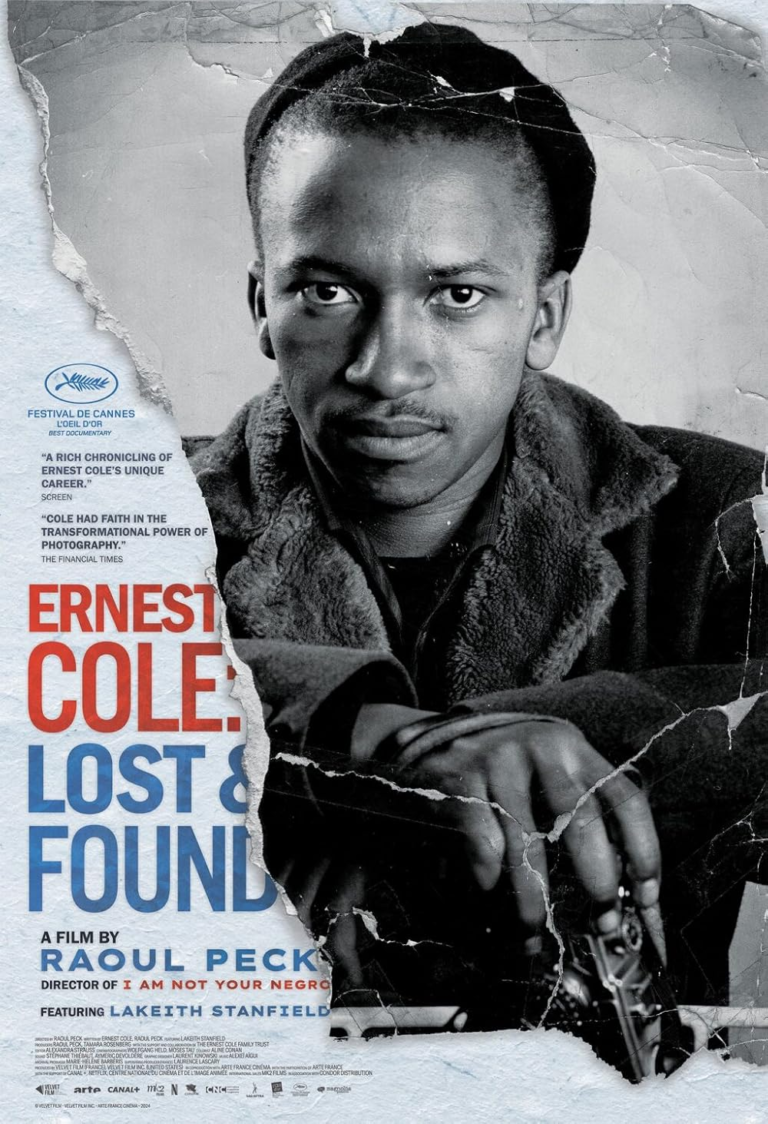Dick Johnson Is Dead Christian Review

Death. There’s no topic more sobering, no reality more unavoidable. It’s the shared destination we all reach someday. But what if we could face it with a smile—or at least with a wry grin? That’s what Kirsten Johnson’s documentary, Dick Johnson Is Dead, tries to do. It’s not your typical film about death. It’s a strange, touching, and occasionally laugh-out-loud funny love letter from a daughter to her father. And for Christians, it’s a film that asks questions we’ve wrestled with for centuries: What does it mean to love in the face of death? Can humor really make it easier to say goodbye?
Kirsten’s father, Dick, is a sweet, soft-spoken man suffering from dementia. And in an effort to hold onto him a little longer, Kirsten decides to tackle the issue head-on by playfully staging his death in a series of wild, exaggerated scenarios—from falling down stairs to being impaled by a falling air conditioner. Absurd? Yes. Morbid? Definitely. But through all the offbeat humor and the awkward laughs, there’s a tenderness that grounds this quirky documentary. It’s an experiment in confronting death without despair, trying to strip it of some of its terror, maybe even its power.
The Humor that Disarms
When you first hear the premise of the film—staging your dad’s death over and over—it feels like a macabre joke. But it’s not a joke. Or, at least, not just a joke. Kirsten’s style is deeply human. She knows that sometimes the only way to get through the heaviness of it all is to lighten the load, to break the tension with something unexpected. There’s a scene where Dick lies peacefully in a coffin, only to jump up seconds later as if nothing happened. It’s startling. It’s hilarious. And it’s also heartbreaking. Because that’s not how death really works, is it?
Humor can be a tool—a way to cope, to process grief, to distance yourself just enough to make the unthinkable bearable. There’s a wisdom in Kirsten’s approach that echoes Ecclesiastes, where we’re told that there’s a time to laugh and a time to cry (Ecclesiastes 3:4). She seems to be saying, why can’t those two things coexist? Why not laugh in the face of death, if only to make its approach a little less frightening?
Revelation in Reenactment
For some Christian viewers, the reenactments might feel off-putting, maybe even disrespectful. Watching a man pretend to die repeatedly, no matter how willing he is, can feel like a mockery of the solemnity of death. But it’s worth asking what Kirsten is really trying to do here. She’s not pretending death isn’t real. Quite the opposite. She’s facing it head-on, wrestling with it, and inviting us to join her in that struggle. By staging these faux-deaths, she’s stripping death of its mystique, forcing us to look it in the eye.
For believers, death is more than just a tragic end—it’s a transition. “O death, where is thy sting?” Paul writes in 1 Corinthians 15:55. For Christians, the sting of death has been removed by Christ’s victory over the grave. But that doesn’t mean death is easy. It’s still painful, still a separation from the ones we love, and Kirsten doesn’t shy away from that. Her film is a visual reminder that, though death is inevitable, love continues. It persists. It endures. Even when it hurts like hell.
Honoring the Image of God
Another thought-provoking element of Dick Johnson Is Dead is how Kirsten handles the dignity of her father. The film captures not just the external spectacle of staged death but also the quieter, more intimate moments of Dick’s life. We see him struggle with memory loss, confusion, and fear. He’s vulnerable in a way that’s uncomfortable to watch at times. And yet, Kirsten’s love for her dad shines through in every frame. It’s clear that these reenactments aren’t about making fun of him; they’re about remembering him, preserving the essence of who he is before the dementia takes more away.
In Christianity, every human being is made in the image of God (Genesis 1:27). That means we have an inherent worth and dignity, regardless of age, ability, or health. Kirsten seems to get this instinctively. By focusing on her father’s humanity—his warmth, his humor, his frailty—she’s honoring that image. She’s capturing his essence, the person he is, in a way that words alone can’t express.
The Grief that Hides in Laughter
But beneath the playful exterior, the film is suffused with sadness. There’s a persistent ache that never quite goes away, a heaviness that lingers even when you’re laughing. Because how can you laugh at death when you know it’s coming? How do you joke about losing someone who means the world to you? For all its lightheartedness, Dick Johnson Is Dead is drenched in the sorrow of knowing that this father-daughter bond has an expiration date. That no amount of humor or staged deaths can change the fact that one day, Dick really will be gone.
For Christians, this film can be a gentle reminder of the impermanence of life. It calls to mind James 4:14: “For what is your life? It is even a vapor, that appears for a little time, and then vanishes away.” But Kirsten doesn’t let that truth crush her. Instead, she uses it to fuel her love for her father. The film’s poignant moments remind us to cherish the time we have, to laugh and cry and be present. To make the most of the fleeting time we’ve been given.
Facing the Reality of Death with Faith
Ultimately, Dick Johnson Is Dead raises questions that Christians are uniquely equipped to answer. What does it mean to live well? How do we die well? What does it look like to love someone in a way that acknowledges both the joy and the heartbreak of knowing that someday, you’ll have to say goodbye? The Bible tells us to “rejoice with those who rejoice; weep with those who weep” (Romans 12:15). This film is a real-life application of that verse. Kirsten rejoices in her father’s life and weeps at the thought of losing him. And somehow, she finds a way to hold those two truths in tension, creating something both heartbreaking and beautiful.
But there’s one more aspect of this documentary that lingers. It’s not just about death; it’s about faith—faith in love, faith in memory, and, in some subtle way, faith in something beyond. Though Dick Johnson Is Dead never explicitly mentions Christianity, there’s a sense of hope that permeates the film. It’s as if Kirsten is saying, “Even when my father is gone, some part of him will remain. Love will continue. It always does.”
Final Thoughts: A Tender, Complicated Goodbye
So, where does that leave us? For all its playfulness, Dick Johnson Is Dead is a film about saying goodbye. It’s a raw, loving, strange farewell, one that confronts death without cowering in fear. It’s a reminder that death is a part of life, but it’s not the whole story. For Christians, it’s a bittersweet affirmation of our faith—that though we grieve now, there’s a greater hope on the other side of this temporary separation.
Is it a perfect film? No. There are moments that feel uncomfortable, scenes that might cross a line for some. But it’s a film made with love, grace, and a deep understanding of what it means to grapple with loss. And for that, it deserves to be seen.
Rating: 8/10
It’s a unique, deeply human look at mortality—one that leaves you feeling both uplifted and devastated. The perfect balance for a movie about saying goodbye.






